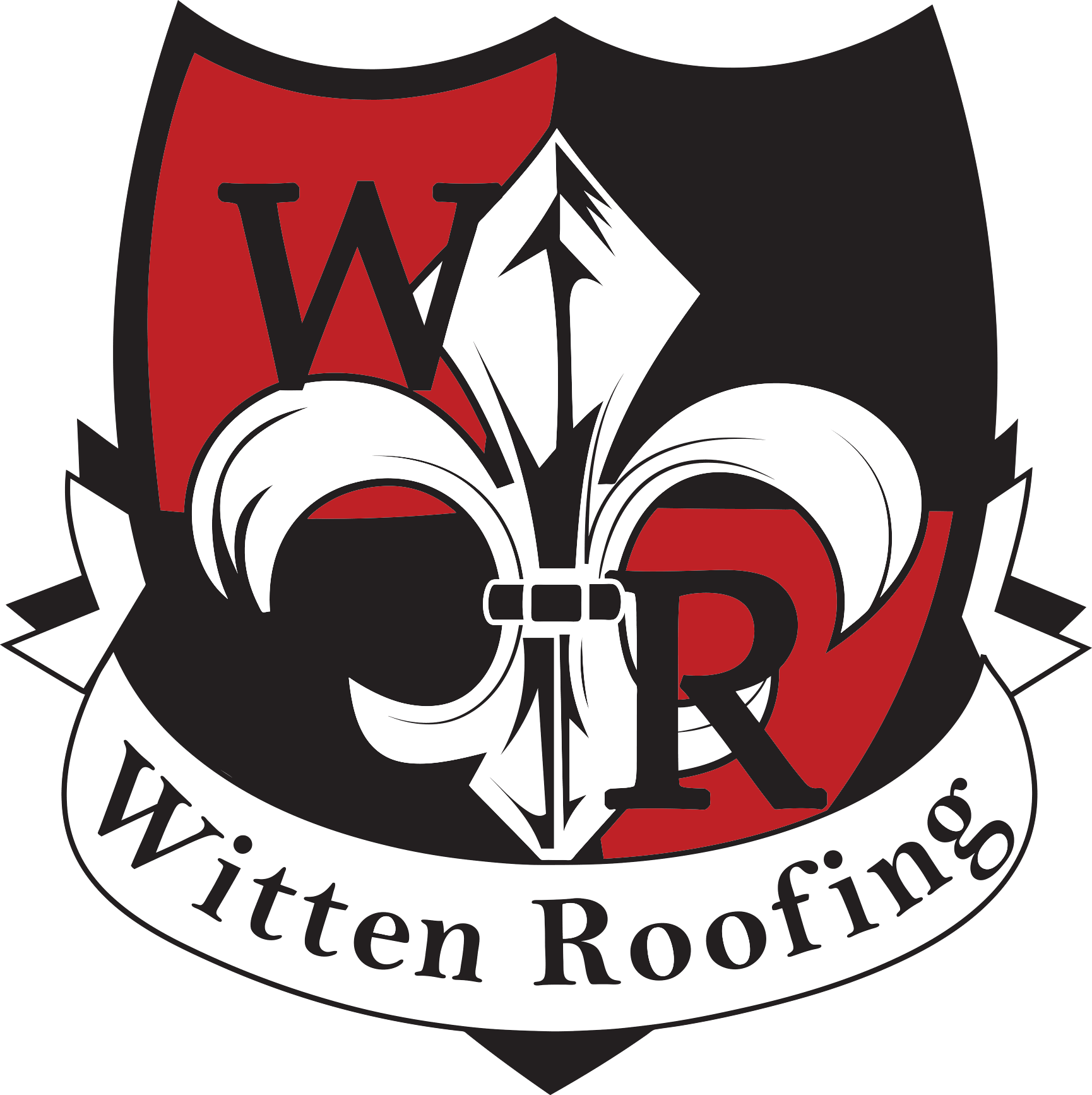Louisiana is known for its unique weather patterns—hot, humid summers, heavy rainfall, and the occasional hurricane or tropical storm. These conditions make choosing the right roofing material not just a matter of aesthetics but of durability and long-term performance.
If you’re building a new home or replacing an old roof in Louisiana, the material you choose can directly impact your home’s protection, energy efficiency, and overall value. Here’s what you need to know about selecting the best roofing material for Louisiana’s climate.
Key Weather Factors to Consider in Louisiana
Before exploring material options, it’s important to understand how Louisiana’s climate affects your roof:
- Heat and Sun Exposure: Summer temperatures often exceed 90°F, and direct sun exposure can cause some roofing materials to crack or fade faster.
- Humidity and Moisture: Louisiana has high humidity levels nearly year-round, which can encourage mold, mildew, and algae growth.
- Heavy Rainfall: Roof materials must be highly water-resistant and properly installed to prevent leaks and water damage.
- Hurricanes and Strong Winds: Roofs in Louisiana need to withstand high wind speeds and flying debris during storm season.
Choosing the right roofing material can make a big difference in how well your home performs in these conditions.
Popular Roofing Materials for Louisiana Homes
1. Asphalt Shingles
Pros:
- Affordable and widely available
- Easy to install and replace
- Available in many colors and styles
- Resistant to moderate wind and rain when properly installed
Cons:
- Shorter lifespan compared to metal or tile roofing (15–25 years)
- Can be susceptible to heat damage and fading over time
Best For: Homeowners looking for an affordable, versatile solution that balances performance with cost.
2. Metal Roofing
Pros:
- Extremely durable (50+ year lifespan)
- Excellent wind resistance, making it ideal for hurricane-prone areas
- Reflects sunlight, helping to keep homes cooler in hot Louisiana summers
- Low maintenance and resistant to mold, mildew, and insects
Cons:
- Higher upfront cost than asphalt shingles
- Can be noisy during heavy rain (though underlayment helps)
Best For: Homeowners who want maximum durability and are willing to invest upfront for long-term performance.
3. Clay and Concrete Tile Roofing
Pros:
- Excellent heat resistance, keeping homes cooler in summer
- Very long lifespan (50+ years)
- Resistant to rot, insects, and fire
Cons:
- Heavy—may require additional structural support
- Higher installation cost
- Can be brittle under impact (like falling branches or hail)
Best For: Homes designed for tile roofs, especially those seeking a distinctive Mediterranean or Spanish look.
4. Slate Roofing
Pros:
- Extremely durable (can last 75–100 years)
- Resistant to fire, rot, and insects
- Premium, elegant look
Cons:
- One of the most expensive roofing options
- Very heavy, often requiring reinforced support structures
- Repairs can be complex and costly
Best For: Historic or luxury homes looking for timeless beauty and long-lasting protection.
5. Synthetic Roofing Materials (Composite Shingles, Synthetic Slate, etc.)
Pros:
- Designed to mimic premium materials like slate or wood without the extra weight
- Lightweight and durable
- Resistant to algae, mold, and cracking
- Often comes with long warranties (up to 50 years)
Cons:
- Mid-to-high price range depending on quality
- Fewer style options than traditional materials
Best For: Homeowners who want the look of high-end materials with lower maintenance and weight concerns.
Other Considerations When Choosing Roofing Materials
Wind Ratings
Louisiana is prone to hurricanes and strong storms, so selecting a roof material with a high wind rating is crucial. Metal roofing and impact-resistant shingles are excellent choices for high-wind areas.
Energy Efficiency
The right roofing material can help reduce cooling costs during Louisiana’s hot summers. Light-colored, reflective materials—such as metal roofing or “cool” shingles—can significantly lower attic temperatures and improve energy efficiency.
Algae Resistance
Humidity often leads to algae and moss growth on roofs in Louisiana. Look for roofing materials that are labeled as algae-resistant to prevent unsightly streaks and roof damage over time.
Budget and Lifespan
While asphalt shingles may be the most affordable option initially, materials like metal or synthetic slate can save money over time by reducing maintenance costs and lasting decades longer.
Professional Installation Is Key
Even the best roofing material will fail prematurely if it’s not properly installed. That’s why it’s critical to hire a licensed and experienced roofing contractor who understands the unique challenges of Louisiana’s climate. From selecting the right materials to ensuring proper ventilation and fastening techniques, professional installation ensures your roof performs as expected for its full lifespan.
The Bottom Line
Choosing the right roofing material for Louisiana’s climate is a balance between durability, energy efficiency, and cost. While asphalt shingles remain popular for their affordability, metal roofing is gaining traction thanks to its longevity and storm resistance. Tile, slate, and synthetic materials also offer excellent performance for homeowners willing to invest in long-term solutions.
Before making a decision, consult with a trusted local roofing contractor like Witten Roofing to evaluate your home’s design, budget, and long-term goals. A roof is one of your biggest investments—choosing the right material ensures it protects your home for decades to come.
Frequently Asked Questions (FAQ)
1. What is the best roof for hurricane-prone areas?
Metal roofing is often considered the best option for hurricane-prone regions like Louisiana because of its high wind resistance and durability. Impact-resistant asphalt shingles are also a solid choice for homeowners looking for a more affordable option.
2. How long does a roof last in Louisiana’s climate?
The lifespan depends on the material. Asphalt shingles typically last 15–25 years, metal roofs 40–70 years, and tile or slate roofs can exceed 50 years when properly maintained.
3. Does a metal roof make my home hotter in the summer?
Actually, no. Metal roofs reflect sunlight and can help keep your home cooler, reducing energy costs during Louisiana’s hot summers when paired with proper attic ventilation.
4. What’s the most affordable roofing material?
Asphalt shingles are the most affordable roofing option and are widely used in Louisiana. While they have a shorter lifespan than metal or tile, they’re cost-effective for homeowners on a budget.
5. Do roofing materials need special treatment for algae and moss?
Yes, especially in humid areas like Louisiana. Many shingles now include algae-resistant coatings, and regular roof cleaning can prevent buildup that can damage your roof over time.
6. Should I choose light or dark shingles for Louisiana?
Light-colored shingles or reflective roofing materials are better for hot climates like Louisiana because they reduce heat absorption, helping to keep your home cooler.




